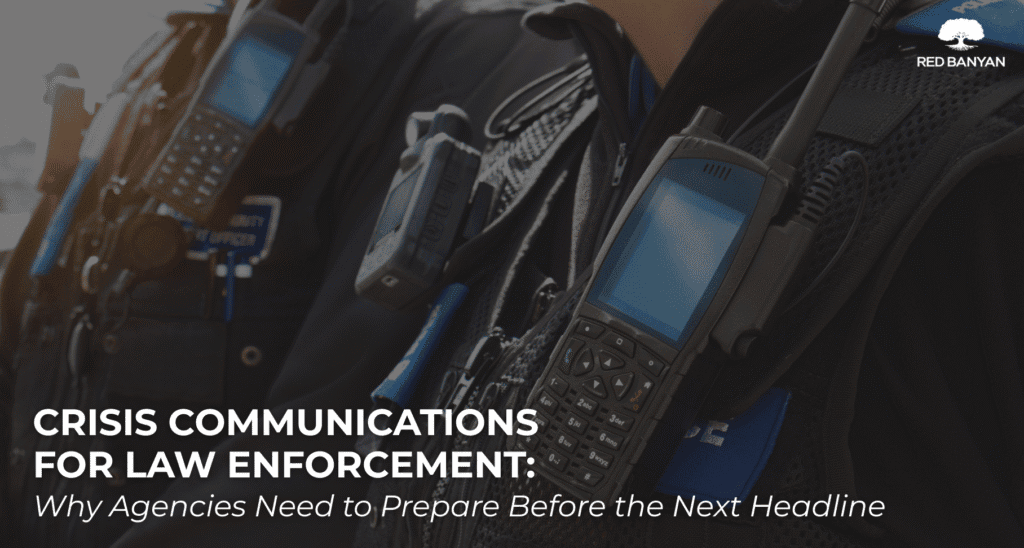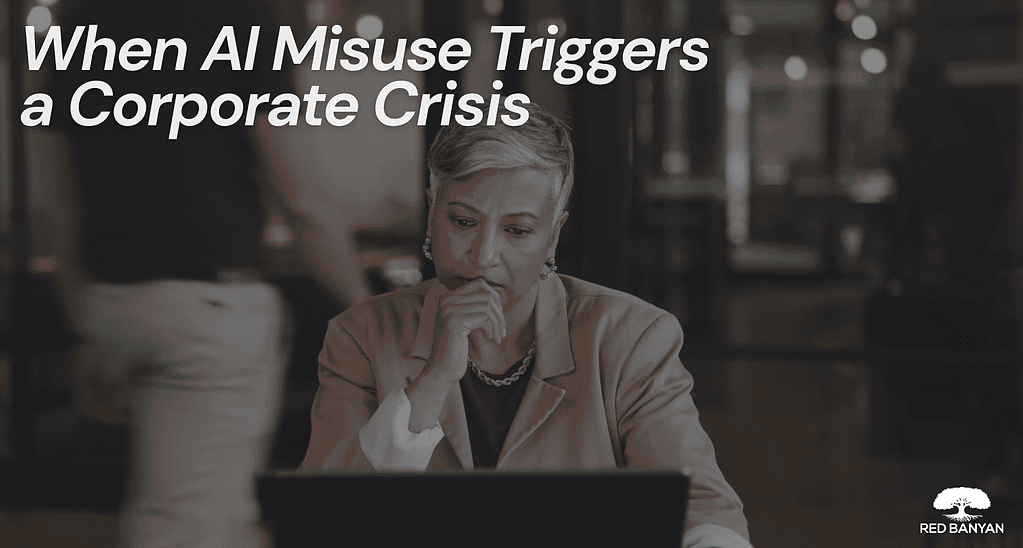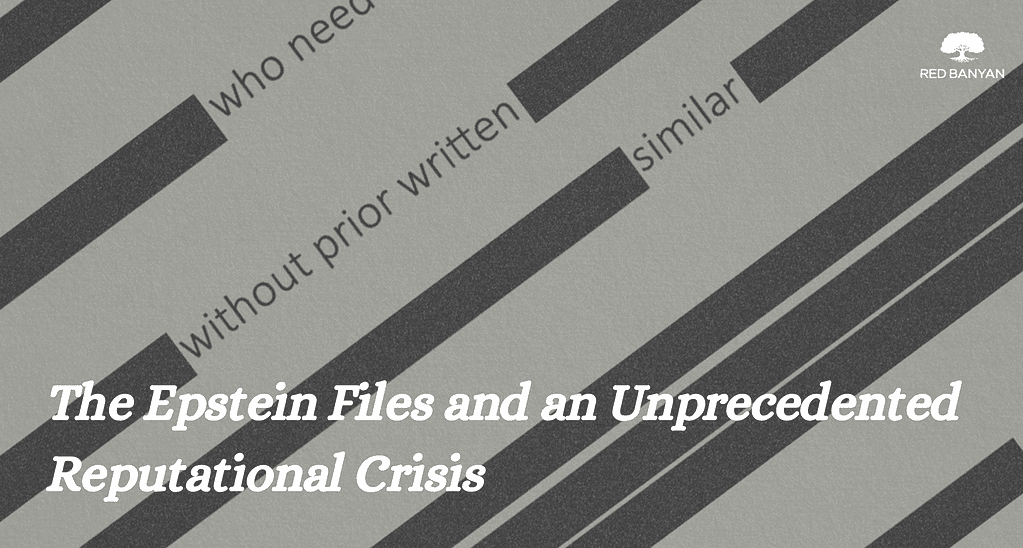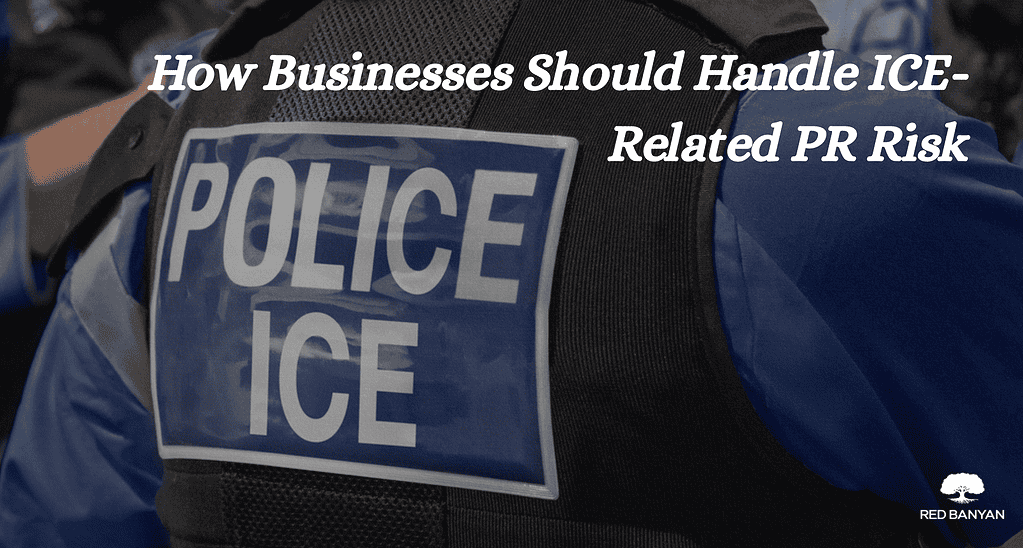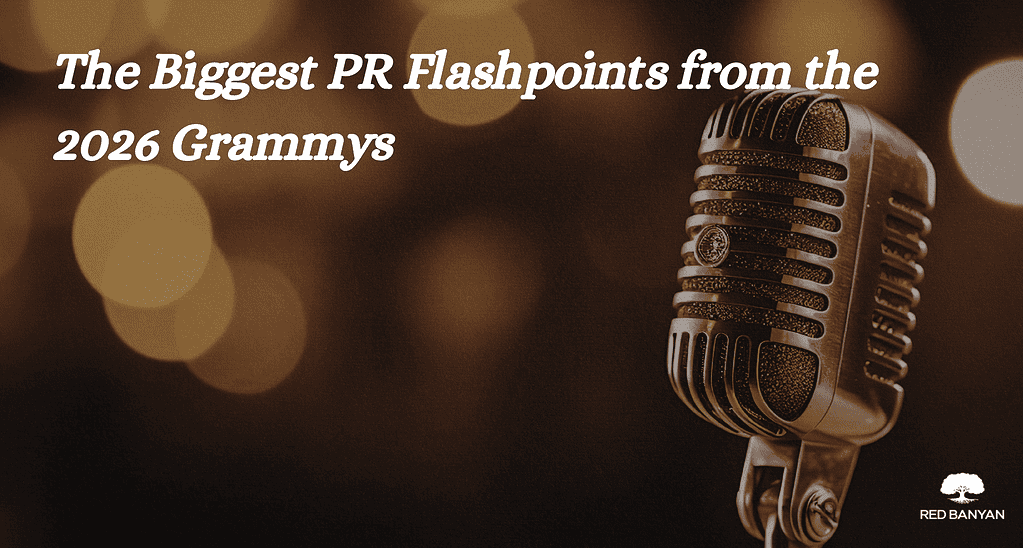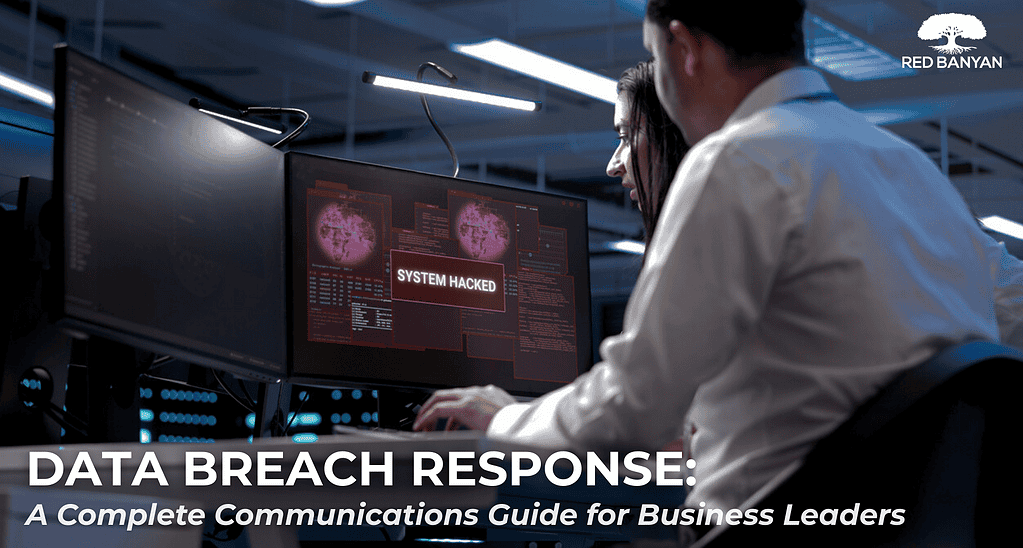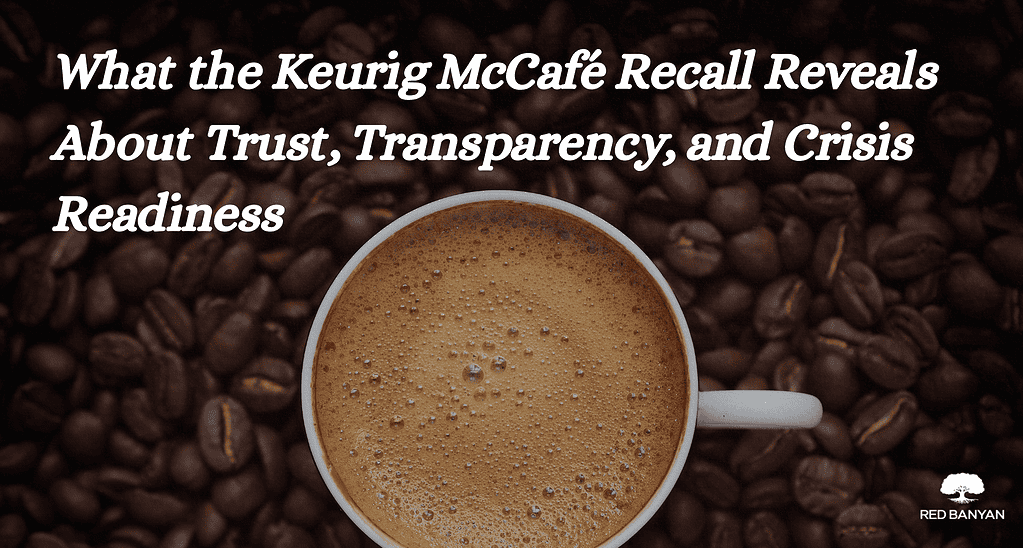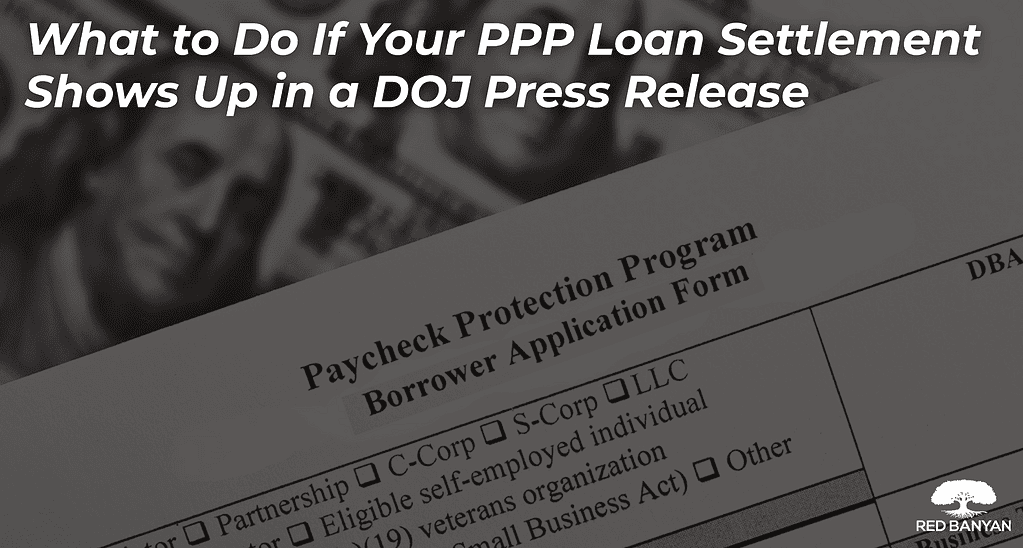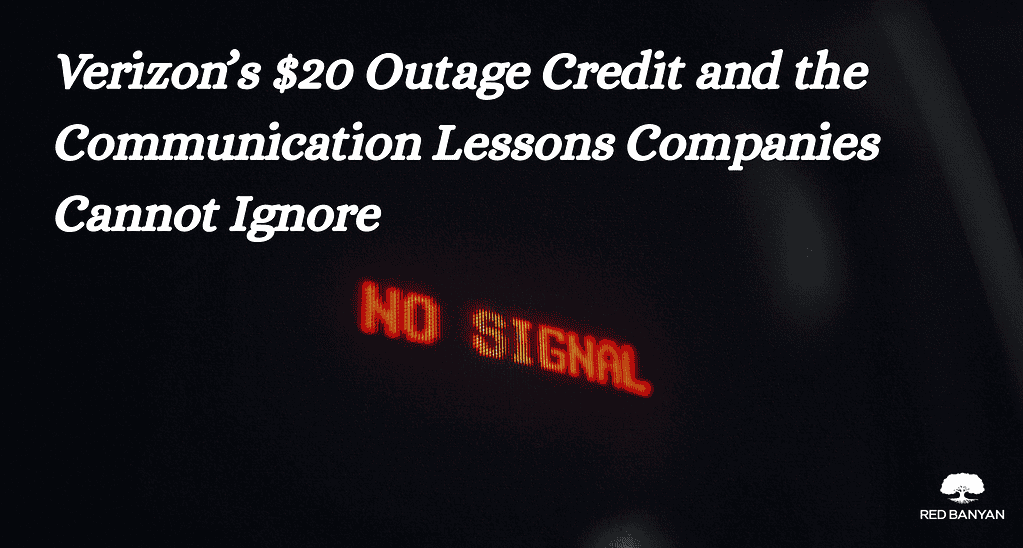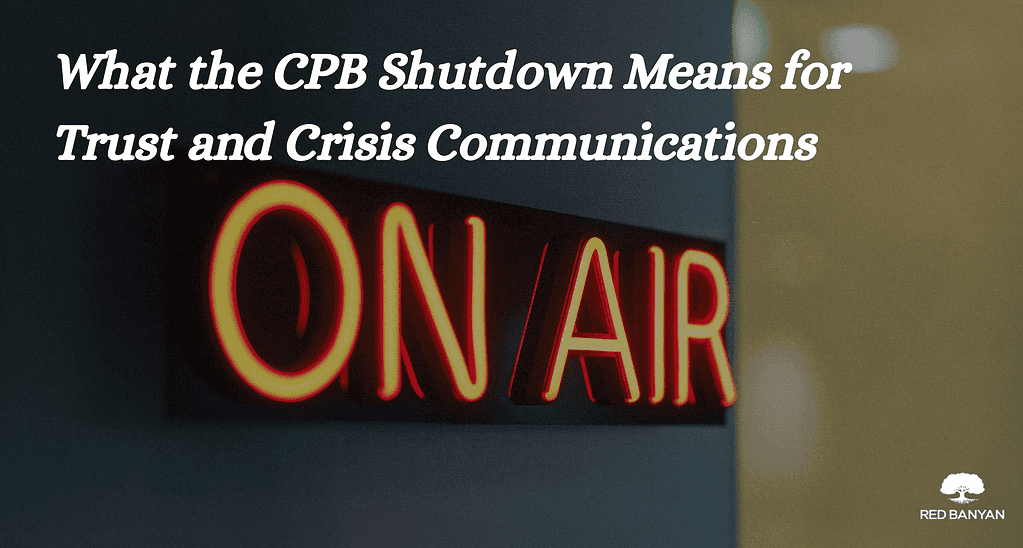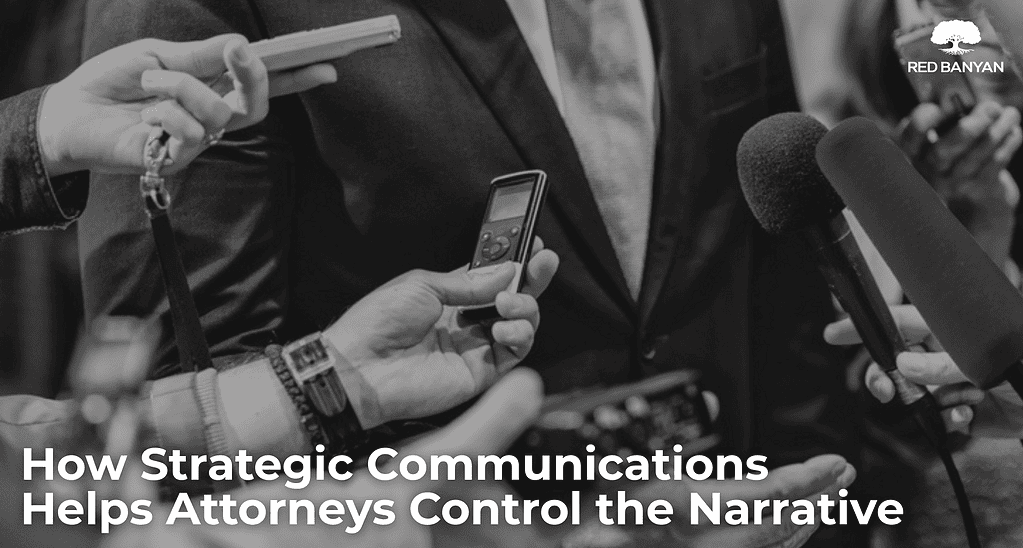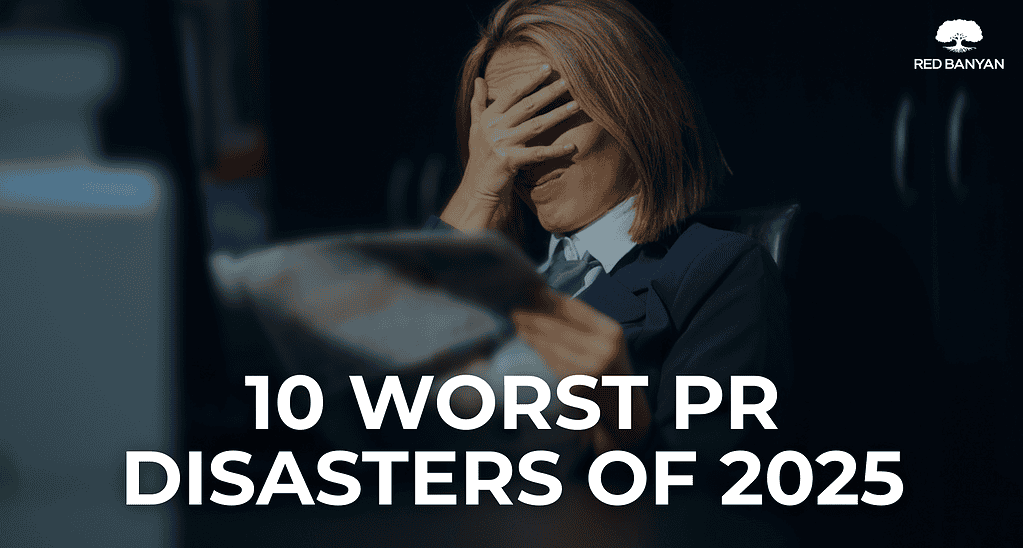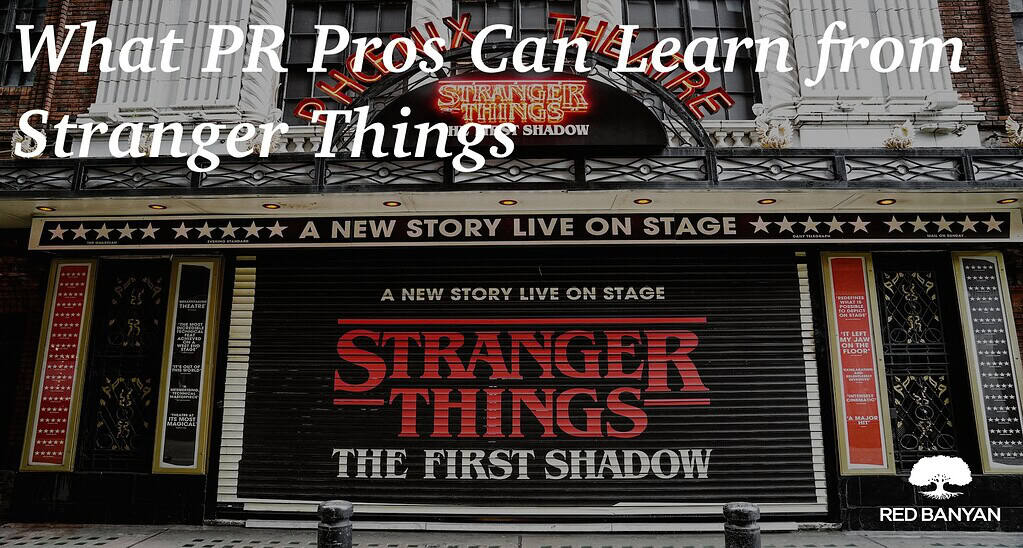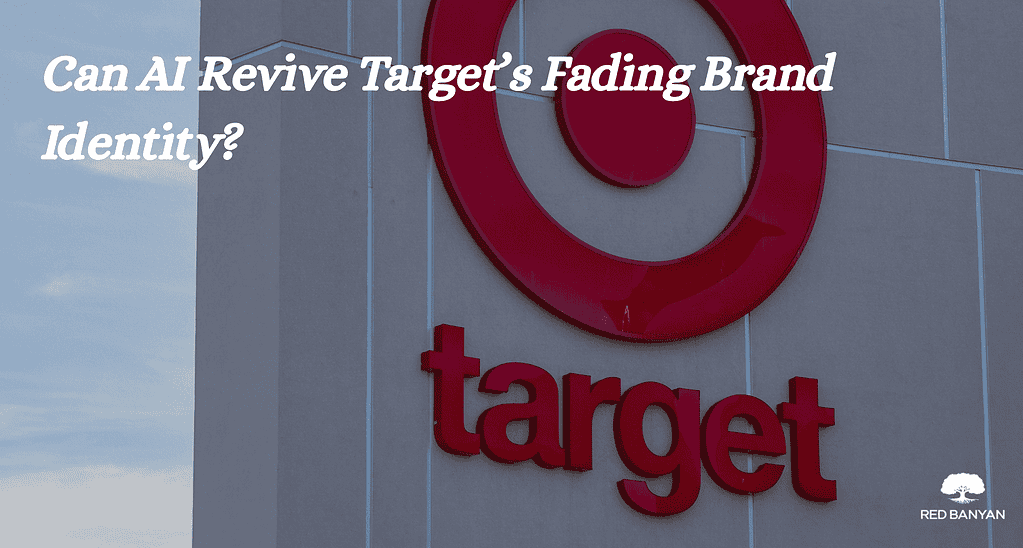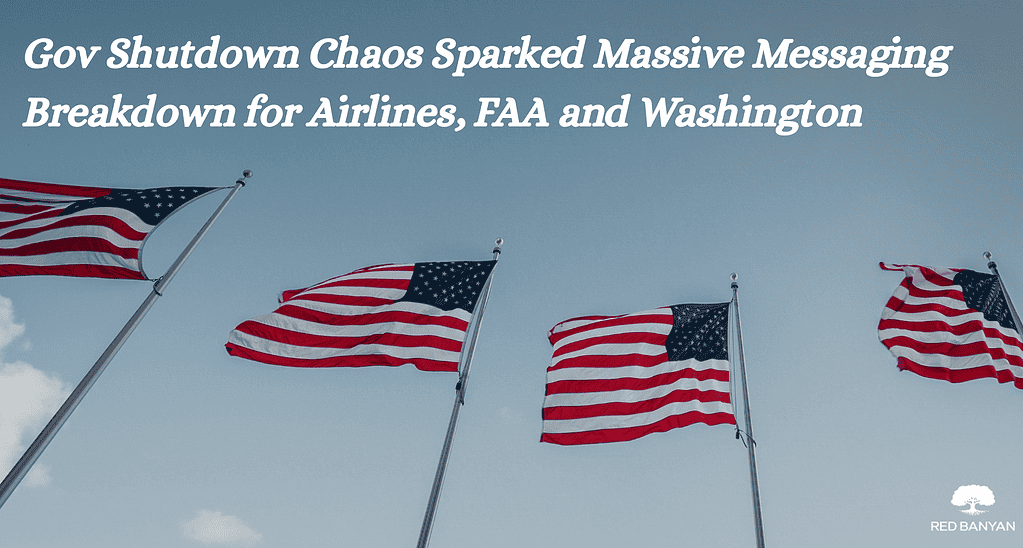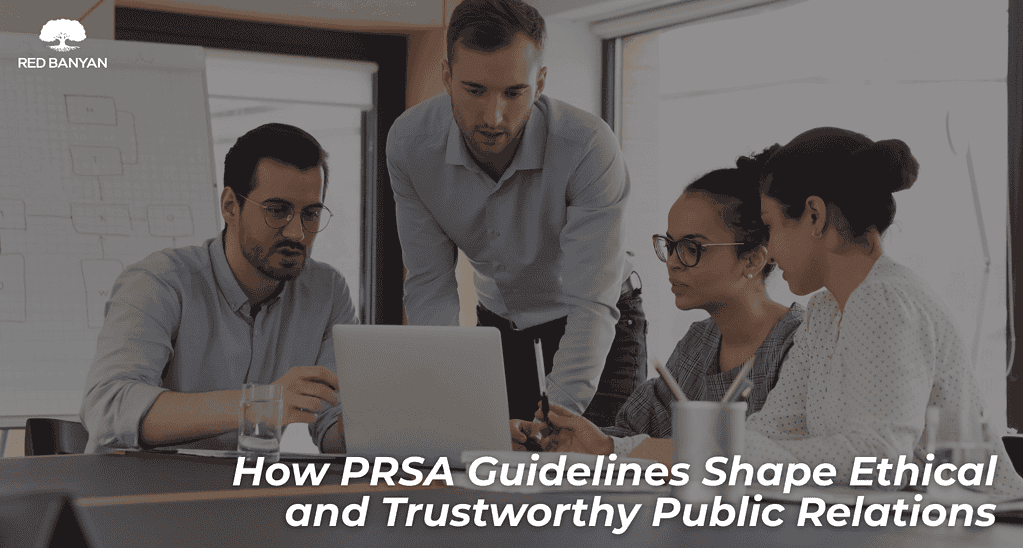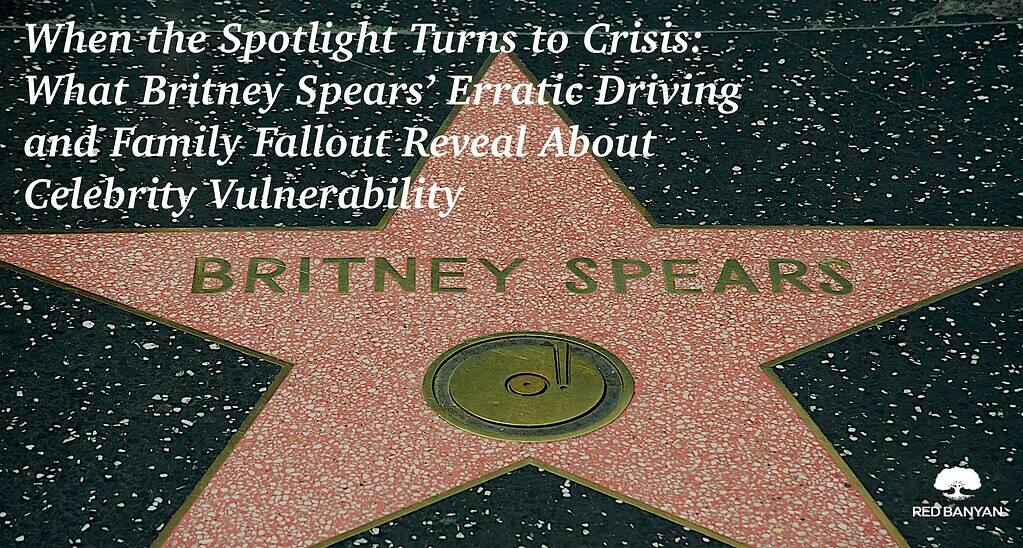When a law enforcement agency is thrust into the public spotlight, it rarely happens on their terms. A fatal officer-involved shooting. A viral bodycam clip. A surge of online backlash that spins out of control before a press release is drafted. These crises aren’t hypothetical—they’re inevitable.
And when they hit, how agencies respond in the first hour can shape public perception for months, even years. That’s why crisis communications for law enforcement must be a proactive strategy—not a reactive scramble. Agencies that treat communication as a legal risk rather than an operational priority are setting themselves up for loss of trust, uncontrolled narratives, and long-term reputational damage.
Red Banyan works with public safety entities across the country—state bureaus, city police departments, university campus security forces—who understand that trust isn’t a given; it’s a strategy. With decades of experience supporting agencies during high-pressure moments, we help leaders turn chaos into clarity, and confusion into credibility.
What Happens When Law Enforcement Goes Silent
The modern media environment doesn’t wait for facts. The court of public opinion moves fast—fueled by incomplete reports, social media speculation, and high-stakes emotions. When an agency fails to acknowledge a crisis promptly or fails to communicate clearly, it loses more than control of the narrative—it loses credibility with its community.
Consider a use-of-force case where a department waits days before releasing a public statement. Even if an investigation is underway, the lack of communication is interpreted by the public as evasive, indifferent, or worse—guilty. Online commentary fills the void. Activists seize momentum. Journalists chase angles you didn’t get in front of.
Silence doesn’t protect you. It erodes your legitimacy. The best law enforcement agencies understand this and act accordingly.
What Crisis-Ready Agencies Are Doing Differently
Crisis-ready public agencies aren’t just writing protocols—they’re building living, breathing communication infrastructures. These agencies don’t ask “what should we say?” when a crisis hits. They’ve already answered that question in training and documentation.
They also understand that every second counts. It’s not just what you say — it’s how quickly you say it, who says it, and whether your message feels human and credible.
Key investments include:
-
Pre-approved statements and templates tailored for high-risk incidents
-
Scenario-based drills and simulations involving leadership and PIOs
-
A command structure that includes legal, HR, communications, and operations
-
A relationship with a crisis PR firm that specializes in law enforcement communications
These are the traits of agencies that survive scrutiny and maintain community trust—even in the worst of times.
Lessons from the Field: Real Cases, Real Impact
During our work with law enforcement agencies, we’ve helped manage a wide range of incidents—active shooter responses, racially charged arrests, fatal force investigations, and widespread campus protests. Our involvement begins before headlines break, and continues long after the news cycle fades.
One of the clearest examples is our work with a city in South Florida following a tragic high school shooting. Within hours, we were providing guidance on media access, crafting a holding statement, and coordinating across local, state, and national agencies to ensure consistent, fact-based messaging.
Another case involved a Midwestern university’s campus police after the release of controversial footage involving student detainment. Red Banyan was brought in to lead communications with students, faculty, press, and legal teams — all while social media pressure mounted by the hour.
In both cases, the outcome hinged not on avoiding controversy, but on managing it. That is the essence of crisis communications for law enforcement.
Internal Messaging: Don’t Forget the People Behind the Badge
One of the most overlooked dimensions of crisis response is internal communication. Your officers, staff, and leadership need to be informed just as urgently as the public. We help agencies craft internal memos, talking points, and guidance that reinforce unity, reduce fear, and build alignment from within.
An informed, calm, and confident internal team strengthens every external statement you make. Internal miscommunication, on the other hand, breeds uncertainty, misinformation leaks, and distrust.
Crisis Preparation Is Community Engagement
Law enforcement PR isn’t just about headlines. It’s about how your agency is perceived by the people it serves. Our work includes helping agencies proactively engage with communities through listening sessions, transparent town halls, and multilingual communications that reflect cultural sensitivity.
We also help you identify and empower third-party validators—faith leaders, nonprofit heads, and educators—who can speak to your agency’s efforts and integrity during a crisis.
Why Red Banyan?
Because we’ve done this before. Red Banyan has helped agencies navigate officer misconduct cases, mass casualty incidents, and politically charged investigations. Our law enforcement crisis PR team brings decades of experience in media strategy, government affairs, and legal PR. We know how to craft statements that are legally vetted, emotionally intelligent, and press-ready.
We’ve advised public sector agencies on how to prepare for high-pressure moments through hands-on training, live simulation drills, and strategic messaging workshops. Our team works side-by-side with legal counsel to ensure all messaging is both compliant and compelling.
Don’t Wait Until the Crisis Starts to Get Ready
Crisis communications for police departments and public agencies can’t be reactionary. The best outcomes happen when agencies already have a trained spokesperson, a media engagement plan, and clear internal protocols.
Whether you’re a state bureau, university police department, or municipal agency, now is the time to build your playbook. The headlines may not wait — but with the right partner, you’ll be ready when they hit.
Ready to Build Your Agency’s Crisis Plan?
Red Banyan is a nationally recognized crisis communications firm for law enforcement and government agencies. We specialize in rapid response and reputation management during the most high-stakes situations. Let us help you prepare, respond, and lead — before, during, and after a crisis.
Contact us today to start the conversation.

